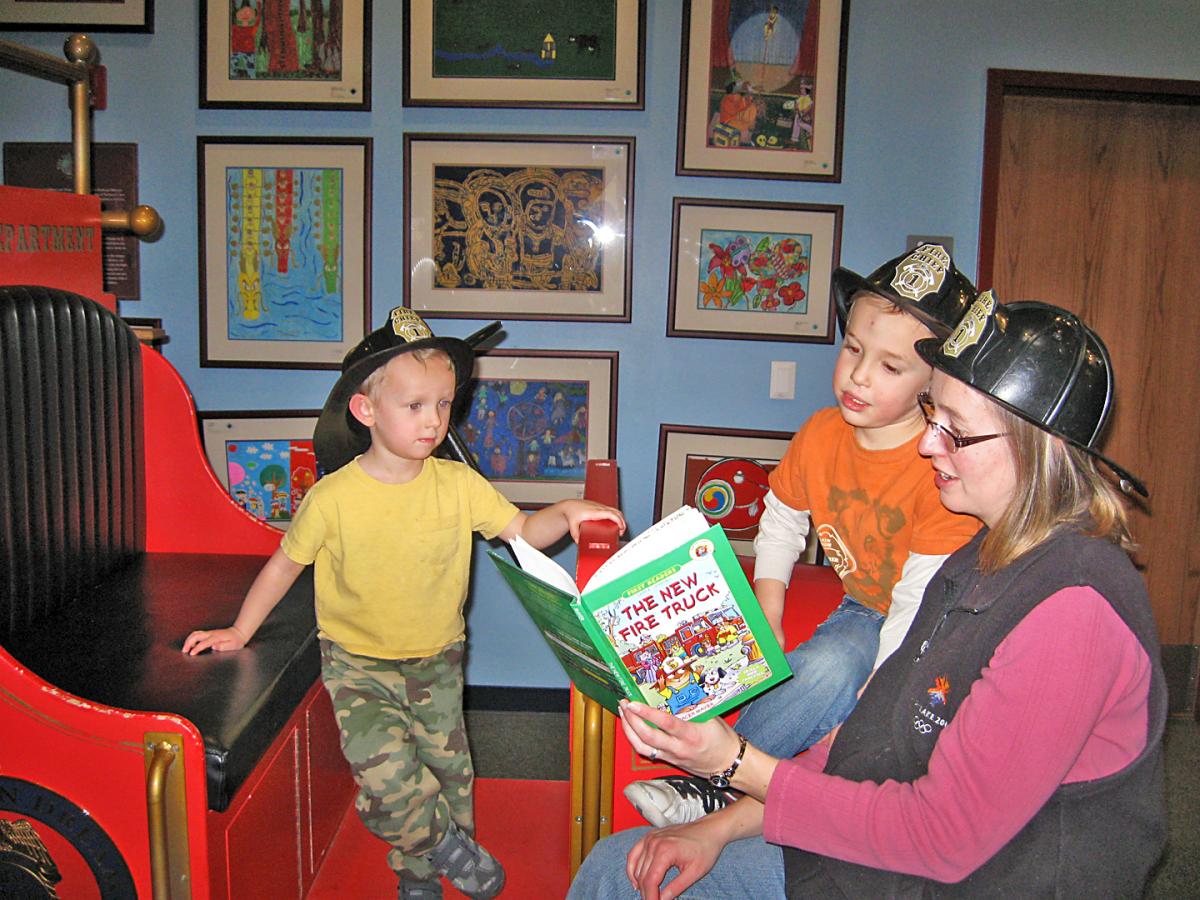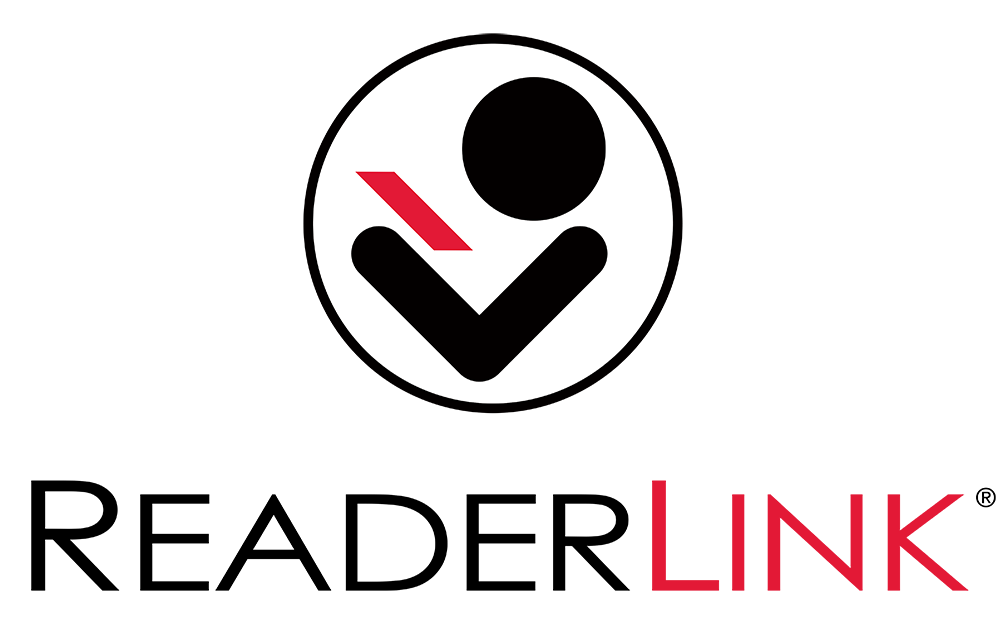Not too long ago the New York Times published a story about the American Academy of Pediatrics urging parents to read aloud to their children from birth. That’s right: read aloud to your baby. From the day their child is born, parents should be concerned with healthy brain development, and nothing beats reading aloud to a child to enhance vocabulary and language skills. As children hear the spoken words, learn rhythm and rhyme, and bond emotionally with their parents and caregivers over the pages of a book the stage is set for a child to learn more quickly the vocabulary they need to succeed at learning other complicated tasks. Reading aloud – to babies, toddlers, preschoolers, and school-age children – does more than any other activity to build language connections in the brain.
Treehouse staff and our Early Learning Committee encourage parents to turn off the television as much as you can at home, too, no matter how old your children are. Background noise from television, said an article in the Washington Post in June 2014, has a negative effort on language development, because parents talk to their children less and use fewer new words when the TV is on. Even if the parent and the child aren’t watching the screen at all, just having the television on in the background has a negative impact on parent-child interactions and thus language development. Other research shows that babies up to two years have about 5.5 hours of background television a day. Yikes! Considering how much young children sleep, it’s important for parents and grandparents to be aware and try to limit background television in their homes. Hearing parents and caregivers speak and read aloud clearly and directly to a baby and toddler really does have a huge impact on the child.








































